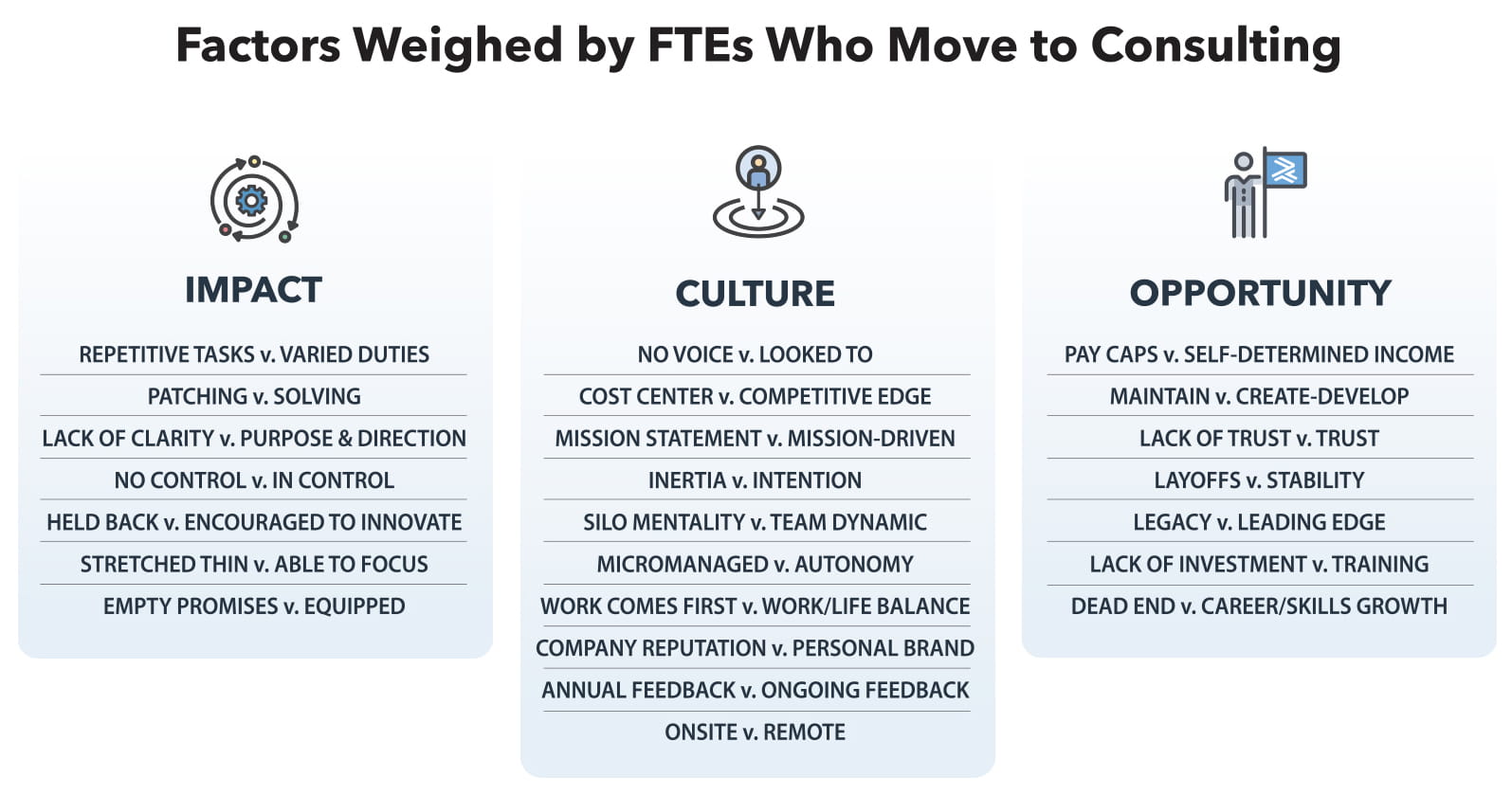
According to the Bureau of Economic Analysis, GDP rose by 4.9% in Q3 2023, confounding experts who had predicted weaker growth. In another indicator of relative economic health, the labor supply remains tight, especially for skilled IT positions—including EDI specialists.
Despite geopolitical concerns that have many CEOs feeling cautious about economic risks looming in 2024, they also realize they can’t ignore the growth in B2C and B2B ecommerce.
For example, companies like Fastenal continue to invest in modern EDI and other data exchange solutions to serve digital-first customers. The strategy is paying off.
The company’s Q3 digital sales accounted for 57% of total company sales, including ecommerce transactions via EDI and other integrations. At the same time, we’ve seen how accommodating growth can take a toll.
Across industries, in-house EDI teams are straining under the load of onboarding and supporting trading partners, resolving issues and covering other gaps due to hiring shortfalls.
In response, many career EDI professionals are retiring, accepting offers from other companies, or electing to join—or return to—the field of EDI consulting.
Consideration Factors for Potential EDI Consultants
EDI professionals who are feeling burned out or finding their careers at a plateau will often choose to leave a job they believe is a dead-end in search of greener pastures with a new company.
Leaving a current employer for a new opportunity isn’t a panacea for every source of employee disgruntlement. According to a recent poll, more than 70% of the survey’s 2,500 millennial and Gen Z respondents who jumped during the “Great Resignation” now regret it.
Others will consider going to the consulting side of EDI. Those who come to Remedi typically introduce themselves with some version of, “I’m reaching out because I’ve heard consultants can kind of write their own ticket. I love what I do but I’m bored. Plus, I’m getting burned out because now I’m also doing the guy’s job who left and hasn’t been replaced yet.”
Our first response is always: “Have you discussed your concerns and your career goals with your manager?”
For example, issues around new, more challenging work assignments and pay that were off the table in previous cycles may now fall on more receptive ears. There are also trade-offs to consider.
For example, let’s say Brittany wants to leverage her EDI-side manufacturing experience for a role where she can use her strong technical and people skills to add value to other areas of supply chain operations.
While there are likely ample opportunities to match her aspirations, Brittany may have to give up working for a large, publicly-traded corporation and join a smaller, privately held business to get her hands on the role she’s imagining.
Conversely, those looking to move from a generalist to a specialist role might want to focus on opportunities with a national or even global footprint.
In our experience, those who build successful EDI careers as a permanent hire or consultant share these attributes:
- Able to accept feedback and improve their performance or change their process
- A passion for creative problem solving
- Flexibility
- Able to work independently and as part of a team
- A desire to contribute to the success of the enterprise
In-House EDI Professional v. Professional EDI Consultant
EDI specialists and B2B integrators who have sharpened their skills working for corporate America and want to consider an EDI consulting do so for a variety of reasons; this chart shows the most common drivers.

What Are the Rules for EDI Consultants?
If you’re thinking about getting into the EDI consulting game, the current labor market has dealt you a pretty strong hand.
A word of caution, however. The market favors labor at present, but markets change— successful candidates learn to recognize the cycles and adapt accordingly. They also follow the 4 simple rules of consulting:
1. Don’t be a diva. Customers want pros who can be team players, leaders, or sometimes a bit of each. Prima donnas wear out their welcome fast, no matter how tight the labor supply or how big their chops.
2. Take advantage of opportunities, not people. Trust is hard to build but easy to lose. Trust us. We’ve seen the careers of hugely talented EDI specialists cut short by scorched-earth ambition. For example, steamrolling teammates or being too slow to share credit for wins, and too quick to assign blame for mistakes.
3. Don't burn bridges. Remember to keep your cool even if you’ve been putting out fires for a week that resulted from someone else’s mistakes. You may need a reference for your next gig or a job one day, and today’s thorn in your side could be tomorrow’s sword that lets you cut to the front of the line.
4. Learn to advocate not alienate. If you’re coming into an environment that’s been doing EDI the same way for 30 years, tread carefully when making suggestions. Remember consultants advise and clients decide.
The integration environment you’re walking into may be ugly, but it’s still someone’s baby and chances are, the guy or gal responsible knows it needs overhauled. And if they don’t, see rule 3.
Speaking of advocating, candidates thinking about making the leap to consulting should be ready to offer a concise business case for themselves. What’s that sound like?
Brittany from our earlier example might say, “I helped increase profitability X% at Global Solar Tech by eliminating manual processes which reduced costly mistakes and unnecessary expenses by a factor of Y.”
Hiring managers love candidates who know the value EDI and related services bring to a business. That’s because when you can make a good business case for yourself, it makes it easier for them to make the case for hiring you.
Questions?
If you’re ready to learn more about EDI consulting careers or opportunities with Remedi customers, drop us a line at staffing@remedi.com.


